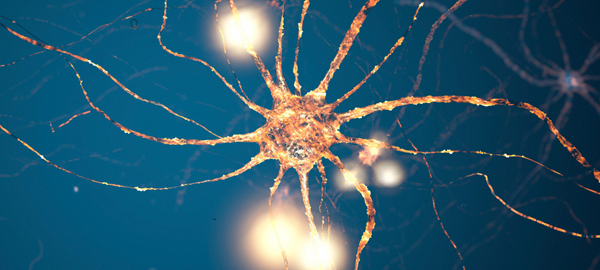Questions and answers about EPITARGET
Why are studies in human brain material so important?
The research in this project aims at trying to work out how different changes in the brain might cause seizures. We hope that looking at these changes will help to improve treatment. First we will try to understand the changes that can cause seizures in animals. Then, we will look at human brain tissue. This tissue will be obtained either during epilepsy surgery or after the death of people with epilepsy who wished to donate brain material for research. In doing so we can learn to understand which new treatment options we can try in people.
How does this project help me?
EPITARGET will have an impact on patients who had a brain insult, such as stroke, because preventive treatments will be implemented much sooner than is the present common practice. These patients will be the main beneficiaries of the EPITARGET outcomes and will hopefully not develop epilepsy. Furthermore, we are designing new devices to record the activities of the brain.
These devices will be much better than the present ones and hardly noticeable: the thickness is one tenth of a hair.
In parallel, we are developing systems able to record simultaneously activities of the brain. We think that specific alterations in the brain can be used to predict the occurrence of seizures (for example after a brain trauma).
What is a databank?
As a consequence of our research activities , a huge amount of data will be available. This data will be collected in an online library, a so-called data bank, from which all the participants can “withdraw” data from other studies. This data bank will be huge but still user-friendly.
What is a biomarker?
Biomarkers are objective measures of biological processes. For epilepsy research, such biomarkers are useful to supervise the progression of epilepsy. Furthermore they can help to identify patients who are at a higher risk of developing seizures (for example after a head trauma). Biomarkers could open up the possibility to slow down the epileptogenic process, for example by treatments.
What will be the contribution of EPITARGET to epilepsy research in Europe?
EPITARGET will contribute to and benefit European science by creating new knowledge in the field of neurological disorders particularly in epileptology. EPITARGET’s scientific approaches to solve complex neurobiological mechanisms by combining strategies and analysis methods will stimulate and inspire other scientists. It will also contribute to the education of the younger generation of neuroscientists. A large consortium such as EPITARGET will create a unique network of epileptologists in Europe. We will set up discussions and cross-links between basic and clinical researchers, clinicians, and most importantly with SME’s (Small and Medium-Sized Enterprises) and Industry.
What will be the influence of the EPITARGT project on the treatment of epilepsy?
If successful, outcomes of EPITARGET will influence the current treatment and diagnostic practices and guidelines in the field of clinical epileptology. At present, there are no preventive strategies and guidelines for patients at risk. EPITARGET may be able to change this for better outcomes. At the same time the development of a new combination of treatments will create completely new ways of therapeutic thinking, resulting in the change and revision of current guidelines for treatment.







